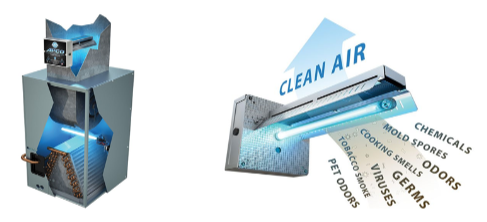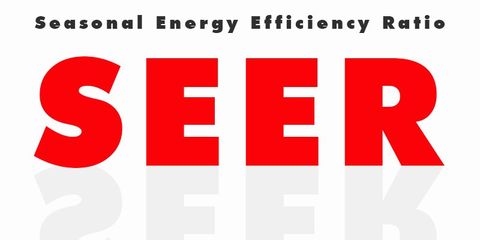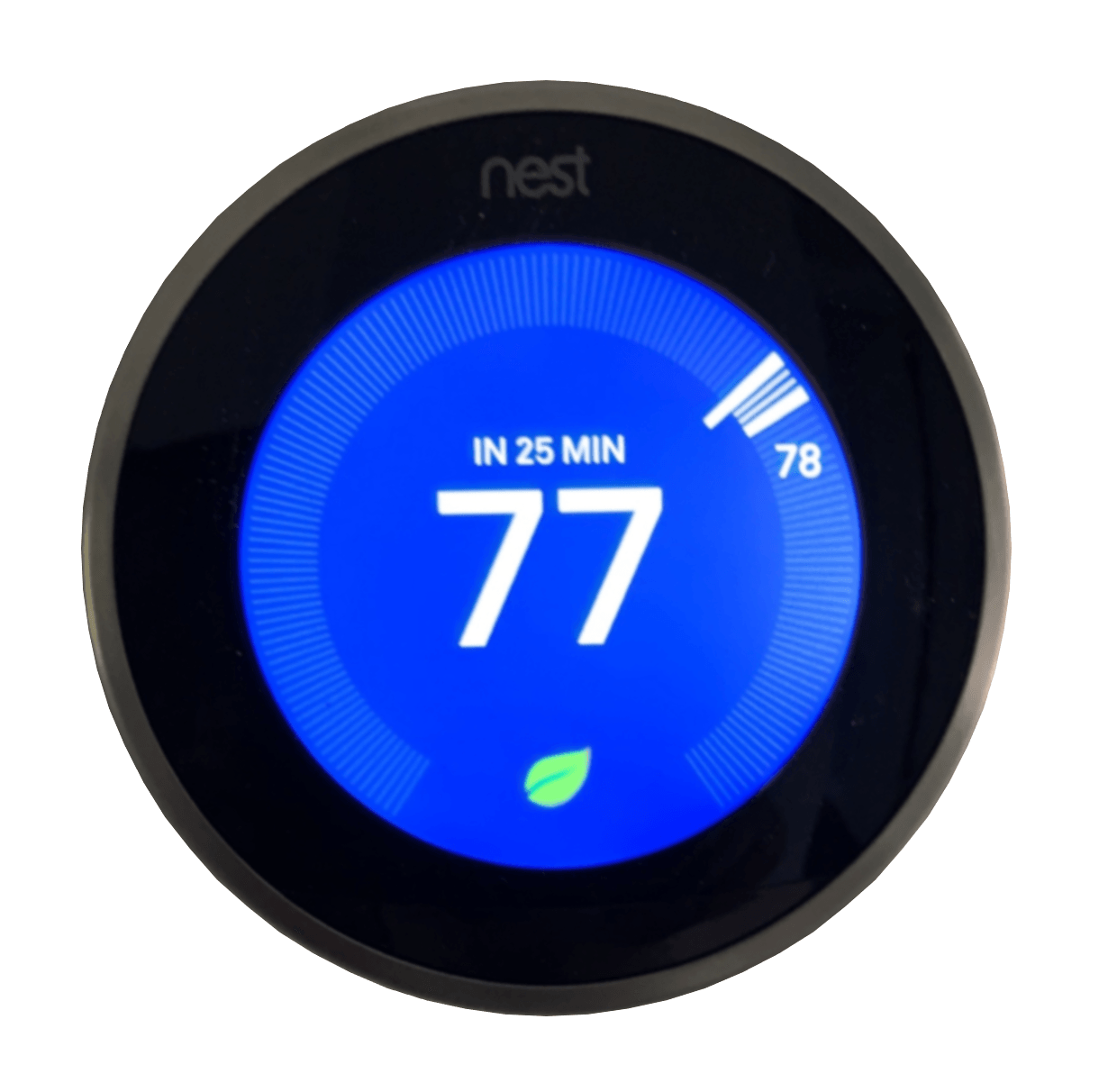System Replacements
System Replacements
Typically, a rule of thumb is when repair costs are about 50% of the value of the system, you should replace your system. If your system is more than 12 years old or frequently has problems (even if they’re less expensive), you may want to replace anyway.
Newer AC systems have a number of benefits, including:
- Lower utility bills – Our high-efficiency air conditioners could save you hundreds of dollars every year on your energy expenses.
- Tax credits – Certain products qualify for measurable tax credits due to their efficient performance.
- Environmentally friendly products – The U.S. government recently mandated that the commonly-used refrigerant R-22 be phased out. Our products now are compatible with the EPA-approved, chlorine-free refrigerant R-410A.
- Enhanced technologies – Technology can be found in every one of our products. They’ve improved energy efficiency, air circulation, humidity control and more.
- Improved air quality – Along with the innovative humidity control we just mentioned comes a lower potential for mold growth.
Scheduling regular air conditioner maintenance is the best way to ensure your cooling system works well when you need it. Learning to identify potential problems can also help prevent major air conditioning repairs. If any of the following issues arise, it is to your advantage to call a qualified HVAC technician to avoid more expensive air conditioning repairs in the future. Here are some signs to look out for:
- Unusually loud, recurring or unidentifiable noises can indicate a broken part that will cause more damage if not promptly repaired.
- Poor air circulation can be a sign of any number of problems, including leaky ductwork, clogged air filters or malfunctioning fans.
- Condensation leaks or ice on the evaporator coils can signal improperly charged or distributed refrigerant levels.
- Air conditioners that cycle off before reaching the desired temperature or that switch off and on frequently demand immediate attention.
Choosing the Right Air Conditioner
There are a number of important considerations when choosing the right air conditioner for you and your family.
Two-Stage Units Produce Better Results
A two stage air conditioner is a cooling system with a compressor that operates at two different capacities. Unlike a traditional air conditioner, which has a compressor that is always running at full blast, a two stage air conditioner’s compressor has both a “medium” and a “high” capacity. The “medium” capacity is used when there is a moderate demand for cooling in your home, and the “high” capacity is only used when it’s extremely hot outside and the “medium” capacity isn’t strong enough.
Variable Speed Fan Motors Are More Efficient
A variable-speed motor is a component of high-performance residential air handlers. Unlike single-speed motors that run at full capacity and then cycle off, a variable-speed motor can operate at high speeds, low speeds or anywhere in between, ramping up and down like a dimmer switch. Because it can fine-tune airflow to heating or cooling demand, it minimizes wasted electricity and ensures money spent on utility bills goes directly into the comfort of your home.

Combining Air Purifier With A/C Unit
Indoor air quality is a common concern for almost all homeowners and businesses when choosing an air conditioning unit. In addition to reducing humidity levels with the right AC unit, an air purifier can help control unhealthy air pollutants. This includes dust mites, bacteria, and pollen that can cause headaches, eye irritation, allergies and fatigue. Air purifiers also remove odors and chemical vapors. Consequently, this combination produces a healthier, higher-quality air to breathe. More about Indoor Air Quality.

Seasonal Energy Efficiency Ratio SEER
The efficiency of AC units is measured using the Seasonal Energy Efficiency Ratio (SEER), which compares the equipment’s cooling output to its energy consumption. AC units with higher SEER ratings offer you the greatest savings on your monthly utility bills. The Department of Energy (DOE) sets minimum SEER standards based on geographic regions. As of January 1, 2015, split-system air conditioners installed in Florida must have a minimum 14 SEER.
We offer all Major Brands at Competitive Prices.
We feature all major brands at competitive prices. We provide estimates that will include city or county permit, expert craftsmanship installation, indoor and outdoor units, and standard thermostat. Additional costs for your estimate may include: crane service, condenser pad, or electrical disconnect
box if needed for permitting reasons.
Optional Air Purifier and Thermostat upgrades would be discussed at that time. Air Purifiers from ultraviolet to more advanced. More about Indoor Air Quality. Thermostats from the standard to smart technology. More about Thermostats.
All system’s carry a five to ten-year factory warranty on ALL PARTS, one-year labor as long as system is routinely serviced.

Slide title
Write your caption hereButton
Slide title
Write your caption hereButton
Slide title
Write your caption hereButton
Want more information?

Serving the Treasure Coast
Martin, St Lucie and Indian River Counties
CAC #1820307
© 2024
HighTower Air Conditioning
Get News & special Offers
Thank you for contacting us.
We will get back to you as soon as possible.
We will get back to you as soon as possible.
Oops, there was an error sending your message.
Please try again later.
Please try again later.









